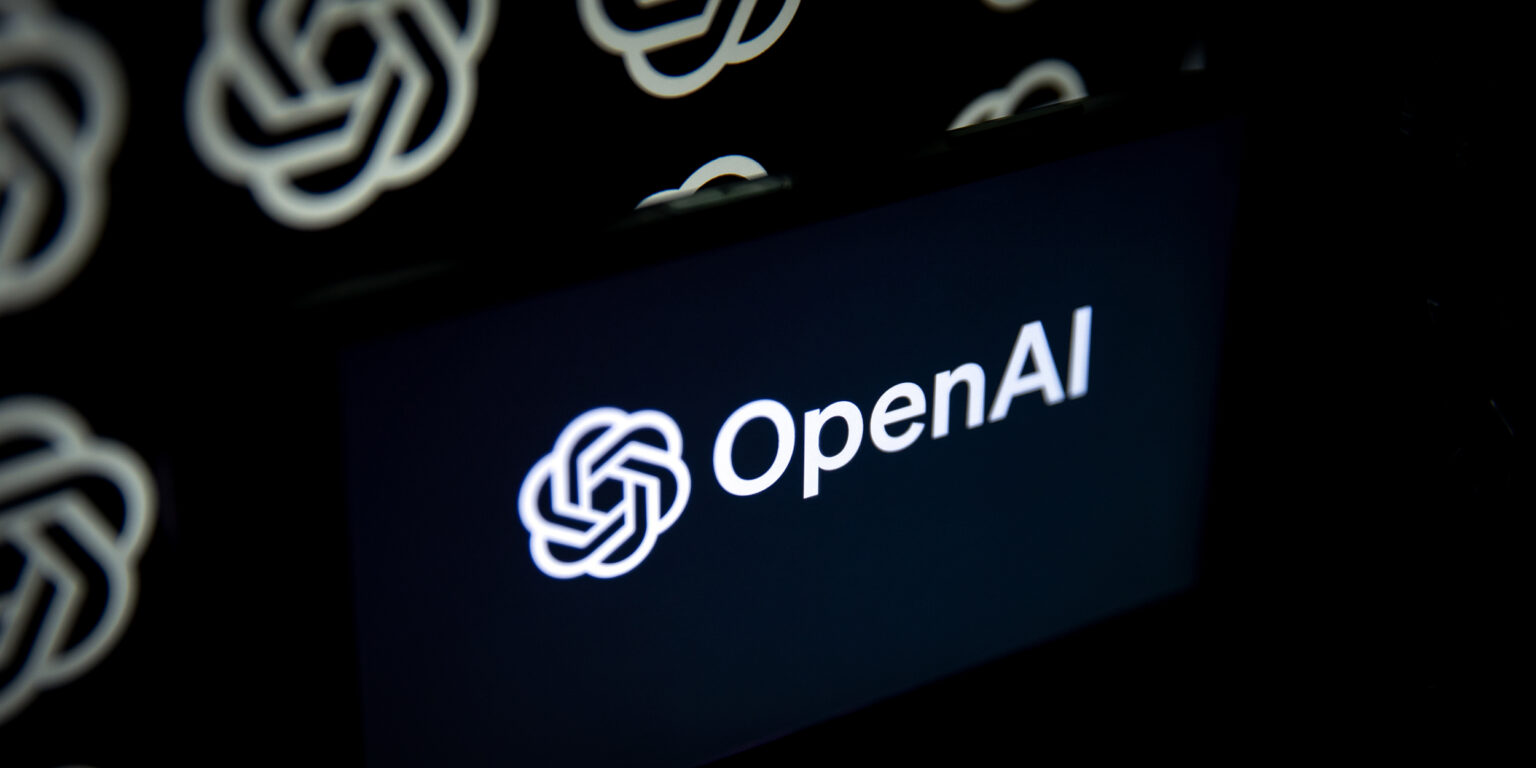In the rapidly advancing world of artificial intelligence, a groundbreaking development by OpenAI, backed by tech giant Microsoft, is poised to redefine the boundaries between humans and machines. The pioneering project focuses on creating autonomous AI agents capable of taking over a user’s device to execute complex web-based tasks, from data collection about companies to booking flights and crafting itineraries. This innovation promises to usher in a new era of personal and professional efficiency, but it also raises significant privacy and security concerns. As we venture into this uncharted territory, the balance between technological advancement and ethical considerations becomes increasingly crucial.
⬤ OpenAI introduces AI agents capable of independently performing complex web-based tasks, promising significant efficiency gains ⬤ The agents’ autonomy raises pressing privacy and security concerns due to their access to and control over users’ devices ⬤ The development highlights the critical need to balance technological advancement with ethical considerations, ensuring responsible AI use
In the ever-evolving landscape of artificial intelligence, a groundbreaking development is on the horizon, one that could redefine our interaction with digital technology. OpenAI, backed by Microsoft, is reportedly working on a cutting-edge project that might soon bring the concept of autonomous AI agents to the mainstream. These agents, as revealed by The Information, are not just any software; they are poised to take over users’ devices to automate complex web-based tasks, such as gathering data, crafting itineraries, or booking flights. This leap towards autonomy represents a significant shift in how we perceive and utilize AI in our daily lives.
OpenAI, which has already revolutionized the AI space with the introduction of ChatGPT in late 2022, is pushing the envelope further. The proposed agents promise to execute more intricate personal and work-related tasks upon command, operating independently without the need for close human oversight. This initiative suggests a future where AI can seamlessly integrate into our routines, taking on roles that extend far beyond generating text or images, to actively engaging with the digital world on our behalf.
The concept behind these autonomous agents is both fascinating and formidable. Traditional smart assistants, while helpful, operate within a relatively narrow scope, primarily responding to direct queries with pre-defined actions. OpenAI’s vision, however, elevates the role of AI to that of an autonomous actor, capable of interpreting and executing complex commands that require interacting with multiple applications and performing physical actions like typing, swiping, or even bypassing CAPTCHAs.
Imagine the convenience of instructing your device to autonomously compile a comprehensive report or manage your travel plans without ever lifting a finger. The potential for increased productivity and efficiency is immense, presenting a tantalizing glimpse into a future where our digital companions can truly act on our behalf.
However, with great power comes great responsibility, and the advent of autonomous AI agents brings with it a host of privacy and security concerns. The very idea of granting an AI system the ability to control personal devices raises significant questions about user privacy and data security. Given that state-of-the-art generative AI systems require connectivity to vast cloud computing resources, the privacy implications of such autonomous agents are profound. The potential for these AI systems to access, process, and potentially expose sensitive information cannot be overlooked.
Moreover, the cybersecurity landscape could be dramatically altered by the introduction of AI capable of performing physical actions on a device. The risk of malicious exploitation or unintended consequences adds a layer of complexity to the development and deployment of these agents, suggesting that the path to autonomous AI assistance is fraught with challenges that must be navigated with caution.
As we stand on the cusp of this new era, it’s clear that the journey towards fully autonomous AI agents will be as much about addressing ethical, privacy, and security considerations as it is about harnessing the technological capabilities of AI. The vision of an AI that can act autonomously on our behalf is undoubtedly compelling, offering a future where digital assistants can truly enhance our lives in unprecedented ways. Yet, as we venture into this uncharted territory, the imperative to balance innovation with responsibility has never been more critical.
In the end, the development of autonomous AI agents by OpenAI represents a bold step forward in the quest to realize the full potential of artificial intelligence. As we look ahead, the promise of these agents to transform our digital interactions is undeniable, but so too is the need to approach their development and implementation with a mindful consideration of the broader implications for privacy, security, and society at large.


